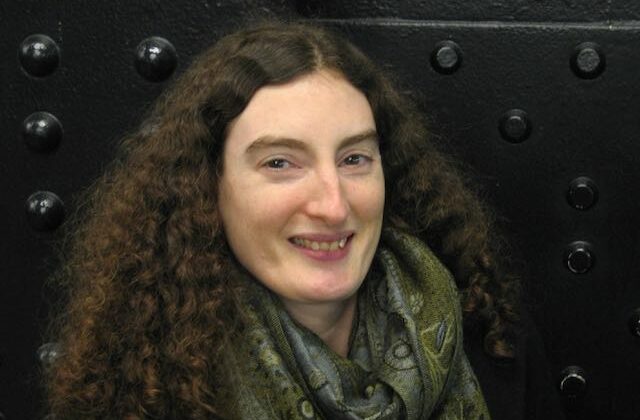Megan Williams
NIAS Individual Fellow

Project title
Unfolding the Place of Paper in Renaissance Diplomacy and Statecraft
Research question
What impact did the late medieval spread of paper have on Eurasian diplomatic practices, ca.1460-1560?
Project description
Europe saw a significant shift from largely-oral to largely-written diplomacy ca.1460-1560. This shift is usually ascribed to emerging states’ security concerns. The new reporting practices so pivotal to this early modern diplomatic shift, however, presupposed a contemporaneous development in political communications and political knowledge-management which scholars have long taken for granted: the growing availability of paper. My project traces how this relatively-new material communications technology shaped diplomacy, political communications, and governance in a crucial period of Eurasian political change. Today we take for granted many habits of thinking about, ordering, and using information which have their roots in early modern paper-borne information management. The matter of media mattered in the past, and matters still today.
Selected publications
- “Ad regem: Diplomatic Documents as Artifacts of Early Modern Foreign Policymaking”, in Medieval Documents as Artefacts, 1100-1600, eds. E.C. Dijkhoff, et al. Schrift en Schriftdragers in de Nederlanden in de Middeleeuwen (Hilversum: Verloren, 2020), 189-206.
- “‘…This continuous writing’: The Paper Chancellery of Bernhard Cles”, in Secretaries and Statecraft, ed. Paul Dover (Edinburgh: Edinburgh University Press, 2016), 63-89.
- “Unfolding Diplomatic Paper and Paper Practices in Early Modern Chancellery Archives”, in Praktiken der Frühen Neuzeit, ed. Arndt Brendecke. Reihe Frühneuzeit-Impulse (Vienna-Cologne-Weimar: Böhlau / Campus, 2015), 496-508.
- M.K. Williams & Daniël Broersma, eds., Papier Ontvouwd: Groningers en hun papier. Tentoonstelling in het GRID Grafisch Museum Groningen, 17.6.2017-12.31.2017 [Paper Unfolding: Groningers and their Paper] (Leens: Marne, 2017).